5 Essential Oils You Didn’t Know Were Toxic
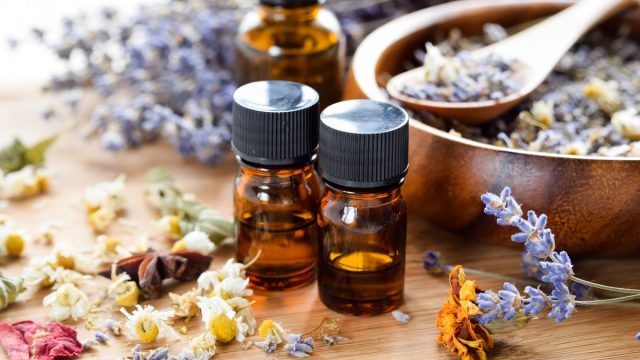
Few things are quite as nice as winding down with some essential oils. Because of their relaxing properties—each scent may activate different parts of the brain associated with emotions—essential oils have increased in popularity in recent years. Unfortunately, as their use has risen, so has the incidence of scary accidental poisonings. “In 2020, more than 24,000 essential oil exposures were reported to poison centers across the United States,” says Kelly Johnson-Arbor, MD, medical toxicologist and co-medical director of the National Capital Poison Center (NCPC). The most commonly reported cases, she says, were the result of ingestion and skin exposure, and they largely affected children, pets, and consumers who didn’t read the directions. Read on to discover the five essential oils you probably didn’t know were toxic.
RELATED: Never Ignore Pain in This One Body Part, Experts Warn.
1
Tea tree oil
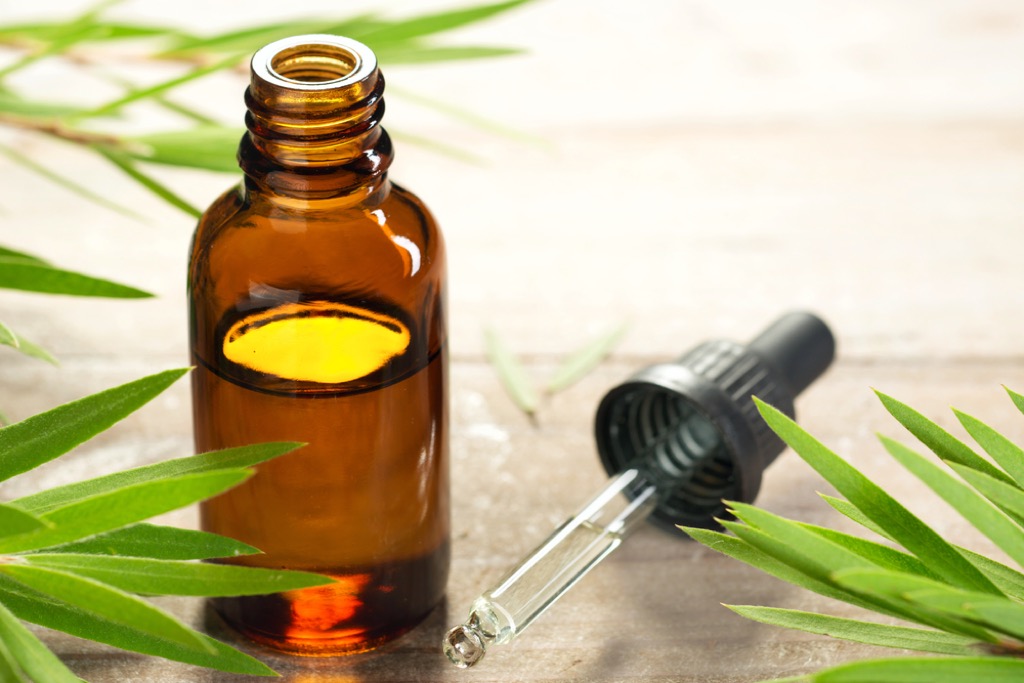
While many essential oils are used for aromatherapy, tea tree oil—also called melaleuca oil—is more frequently used as a home remedy for skin and respiratory conditions, including bruises, burns, eczema, colds, coughs, and throat irritation. Several studies have found that the essential oil is successful at treating these afflictions thanks to its antimicrobial and antifungal properties, according to the NCPC.
However, it’s not without its risks. In fact, “At NCPC, tea tree oil was the most commonly reported essential oil involved in toxic exposures from 2020 to 2022,” says Johnson-Arbor. “Tea tree oil can cause somnolence [read: drowsiness], hallucinations, vomiting, and difficulty walking after oral ingestion,” says Johnson-Arbor. For that reason, avoid drinking tea tree oil and never attempt to use it internally. If any amount of tea tree oil is consumed, seek immediate emergency care.
2
Lavender oil
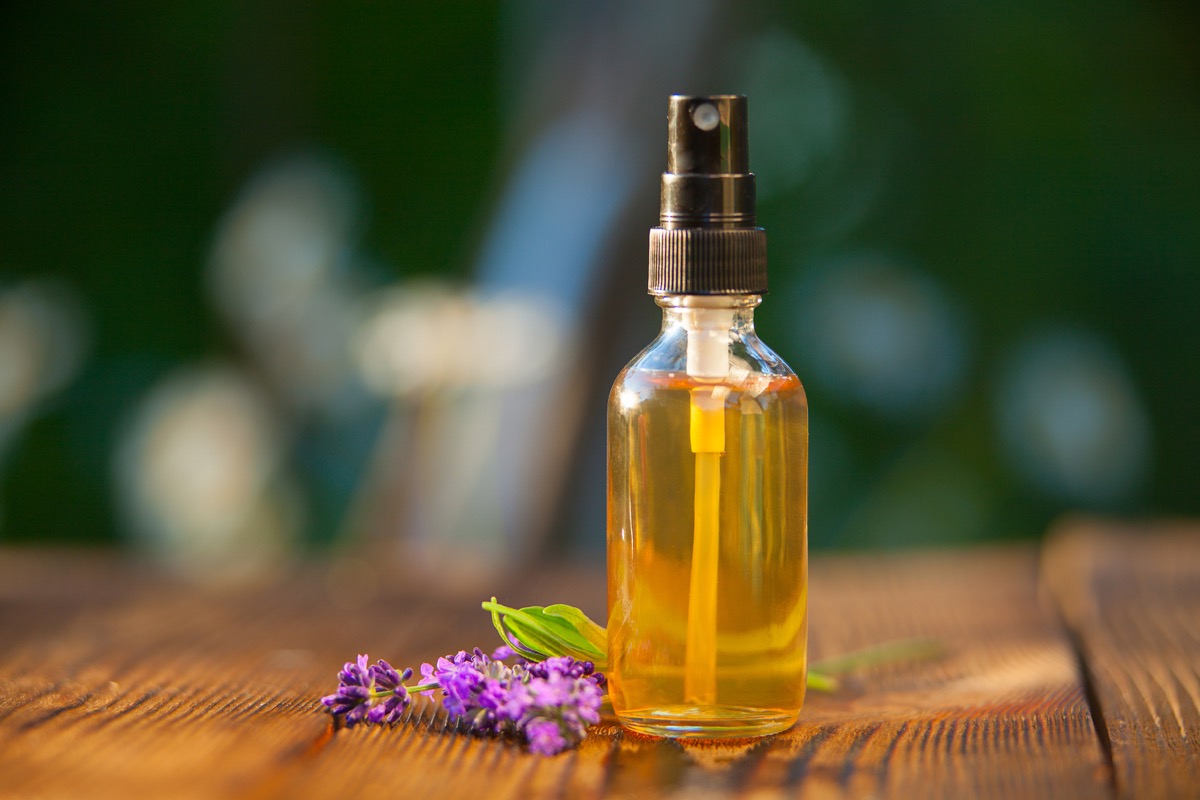
No scent is as soothing as lavender, which is why this essential oil is commonly used in aromatherapy. It’s not just a refreshing smell, either. Lavender can potentially decrease anxiety and ease insomnia, according to a 2005 study in Physiology & Behavior and a 2015 study in the Journal of Alternative and Complementary Medicine, respectively. While the benefits of lavender are incredible, you’ll want to use it safely: Johnson-Arbor notes it’s the second-most common essential oil exposure reported to the NCPC. “Lavender is a potent sedative,” she says. “Lavender oil can cause sedation when as little as four drops are swallowed.” To prevent accidents, keep all lavender oil in child-proof containers (if you have little ones or pets), and use only as directed.
RELATED: For more health advice delivered straight to your inbox, sign up for our daily newsletter.
3
Peppermint oil
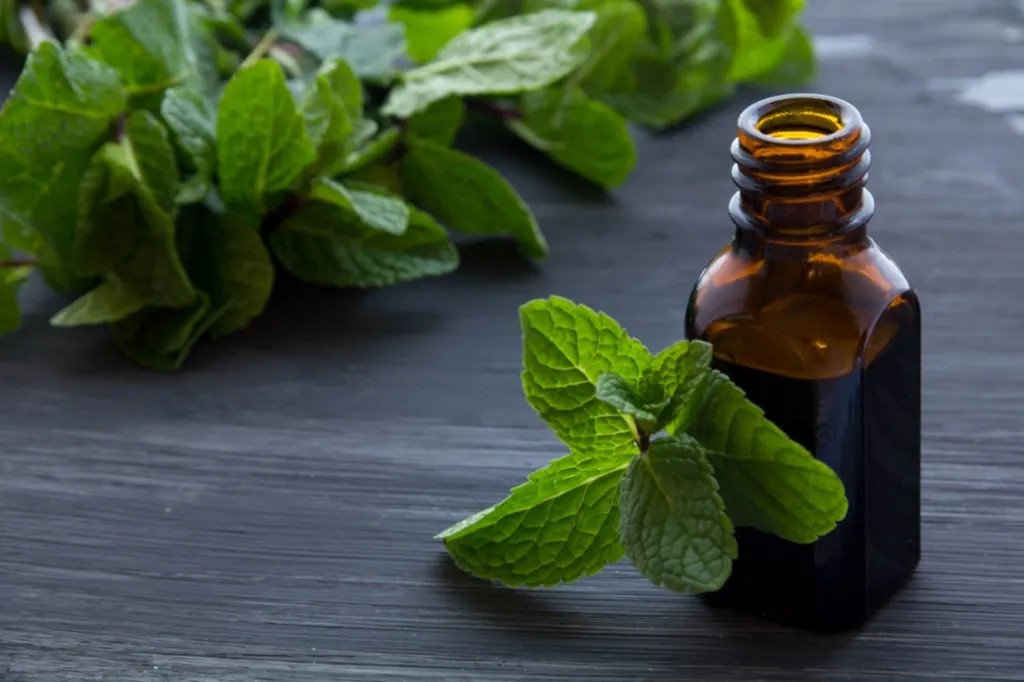
Peppermint oil is the third-most common essential oil involved in calls to the NCPC. This minty essence is used to ease IBS, sinus infections, colds, and other conditions, according to the National Center for Complementary and Integrative Health (NCCIH). In most cases, peppermint oil can be safely used both orally and topically. However, it is possible to take too much. “Consumption of higher doses is associated with coma and respiratory depression,” says Johnson-Arbor. “Inhalation of high amounts of peppermint oil may cause seizures and confusion.” To ensure safety, follow the directions on your essential oil product. Because these oils can be diluted differently, toxic doses vary depending on the product.
4
Eucalyptus oil
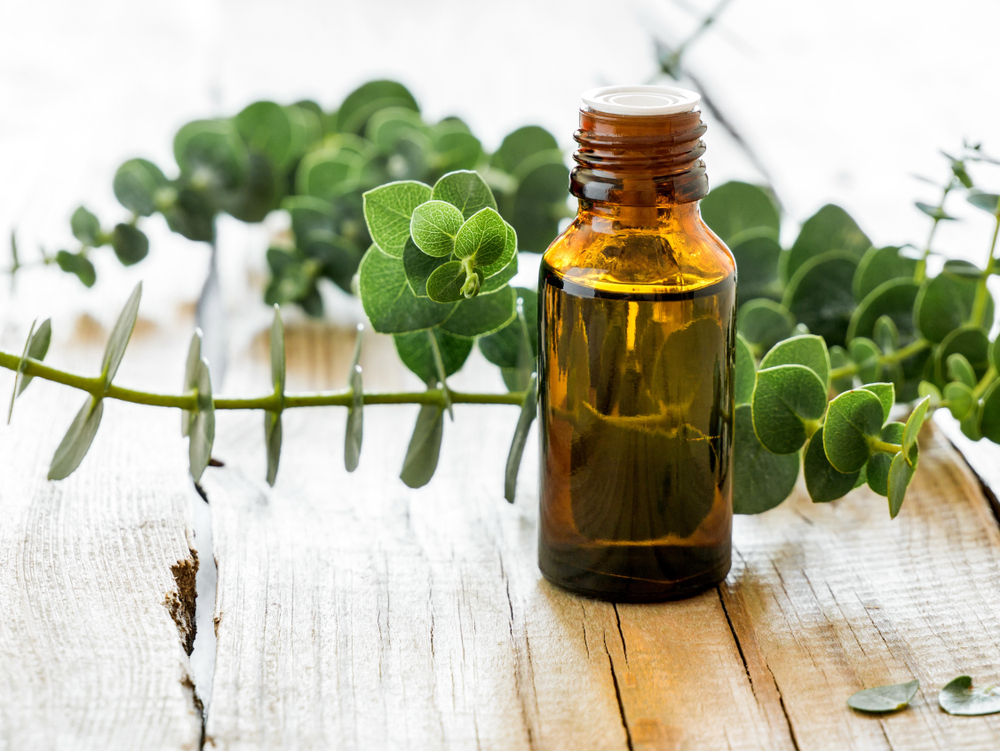
If you’re like many people, the smell of eucalyptus oil may remind you of cold and flu remedies. The aroma is infused into popular over-the-counter products such as Vicks VapoRub and even tissues. So, it should come as no surprise that this essential oil has many uses, including silencing a cough or clearing the chest, as well as easing joint pain and even repelling mosquitos, according to Healthline. When utilizing the oil, though, you’ll want to avoid ingesting it. “Eucalyptus oil is highly toxic and can cause central nervous system depression and seizures after oral exposure,” says Johnson-Arbor.
RELATED: If You Drink Your Coffee Like This, You May Be Increasing Your Cancer Risk, Study Says.
5
Clove oil
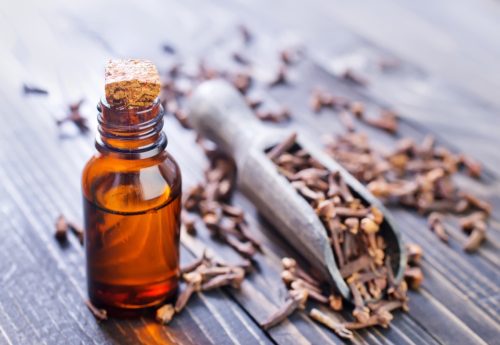
Clove oil is the fifth-most common essential oil involved in calls to the NCPC. Studies have found this oil is a powerful antimicrobial and antifungal, and can even prevent dental erosion and provide pain relief as a topical anesthetic, according to Healthline. However, it can also be dangerous when swallowed. According to research published by the National Center for Biotechnology Information in 2019, “overdoses have been marked by the onset of agitation, decrease in consciousness, and coma arising within hours of ingestion of 10 to 30 milliliters of clove oil.” Liver and kidney injury can follow soon after.
6
Essential oils should be used as aromatherapy.
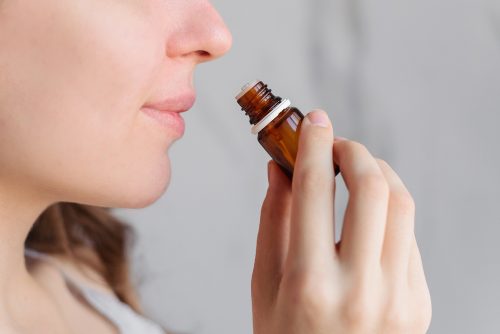
To use any essential oil safely, Johnson-Arbor recommends the following guidelines. First, consume these products only as directed. “Use essential oils only as aromatherapy, and do not swallow them or apply them directly to the skin or mouth,” she says. “Any essential oil can be poisonous when used in a method other than aromatherapy or inhalation.” She also notes that some individuals—such as those with asthma or lung diseases—may be sensitive to essential oils when inhaled. “These susceptible individuals may develop breathing difficulties after inhaling essential oils,” she says. As with anything, consult your doctor before starting an essential oil regimen.
RELATED: If You Notice This at Night, Get a Blood Test, Doctors Warn.